56 Views
Happy New Year!
by
Robert Farago
(IC: employee)
Thanks in part to Charles Darwin's theory of evolution, mankind believes everything's gradually getting better. It's a pretty strange kind of optimism, what with killer uptopians like Adolph Hitler and Joseph Stalin hanging-out in our collective past. But this faith in the eternal sunshine of the spotless future fits in nicely with the whole New Year's thing. As does The Detroit News (DTN) January 1 feature "The Road Ahead." Given the black cloud of bankruptcy hanging over Detroit, writer Bill Vlassic's desire to spread a little holiday cheer with a bit of automotive boosterism is entirely understandable. But there's a big difference between lightening-up and enlightenment.
Robert Farago
More by Robert Farago
Published December 31st, 2005 7:00 PM
Latest Car Reviews
Read moreLatest Product Reviews
Read moreRecent Comments
- User This story fails to cite any regulation or trade journal to support the claim that a law suddenly prevented the sale of a product in a market.
- 28-Cars-Later I have these archaic things called CDs.
- Wjtinfwb If you've ever been a supplier to a Big 3 automaker, this is just another Thursday. Manufacturers use their clout to pressure suppliers to extract every nano-cent of profit possible and have that ability as they usually have a line of potential vendors waiting to take your place. It can be profitable business if you manage expenses very tightly and volume meets or exceeds expectations. But if it doesn't, like in a year with significant strike-caused production stoppages, profitability for the year is likely out the window.
- Daniel J How's that working when these companies have to pay UAW workers more?
- Crown Radio is permanently on SiriusXM, Deep Tracks.



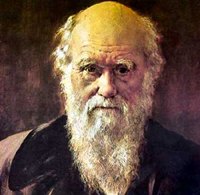












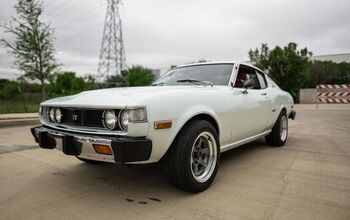




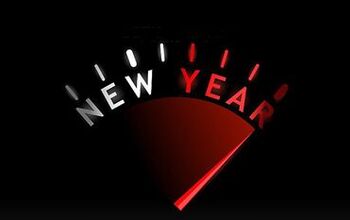
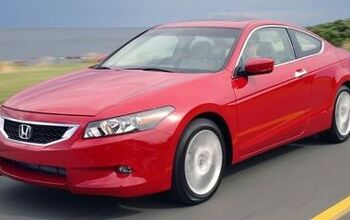








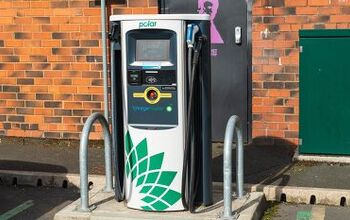

Comments
Join the conversation